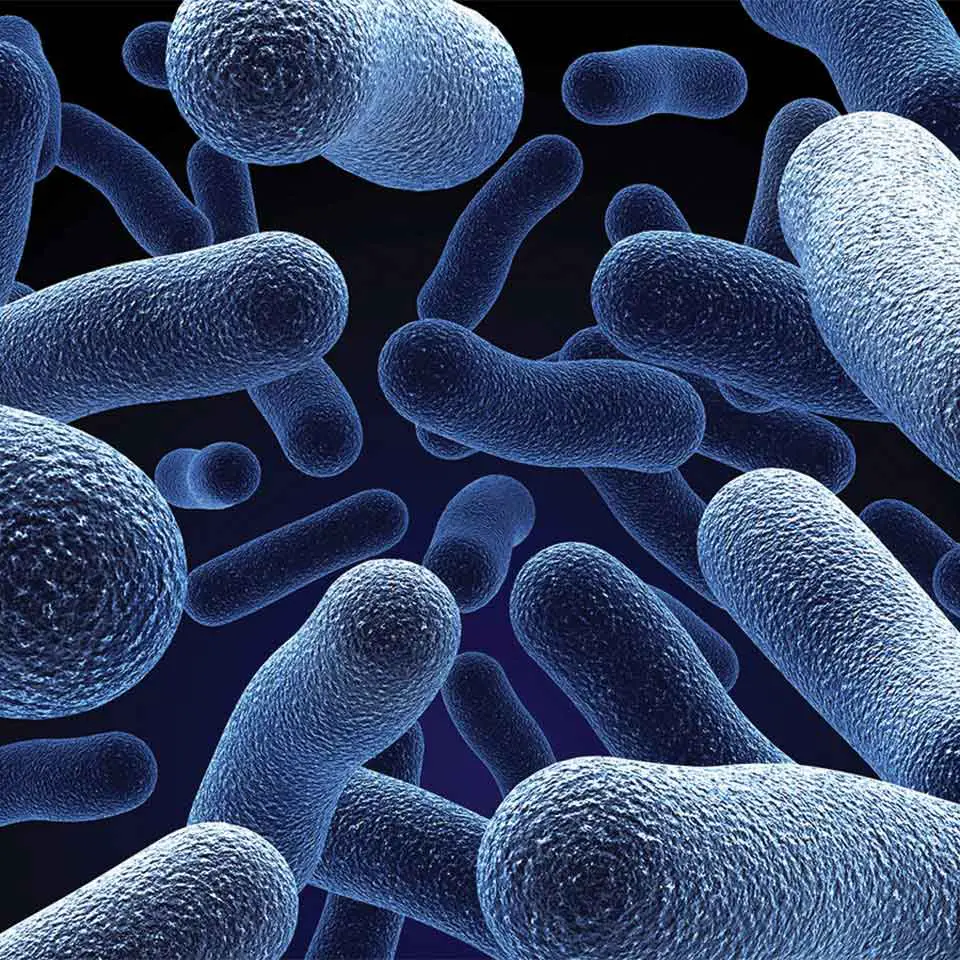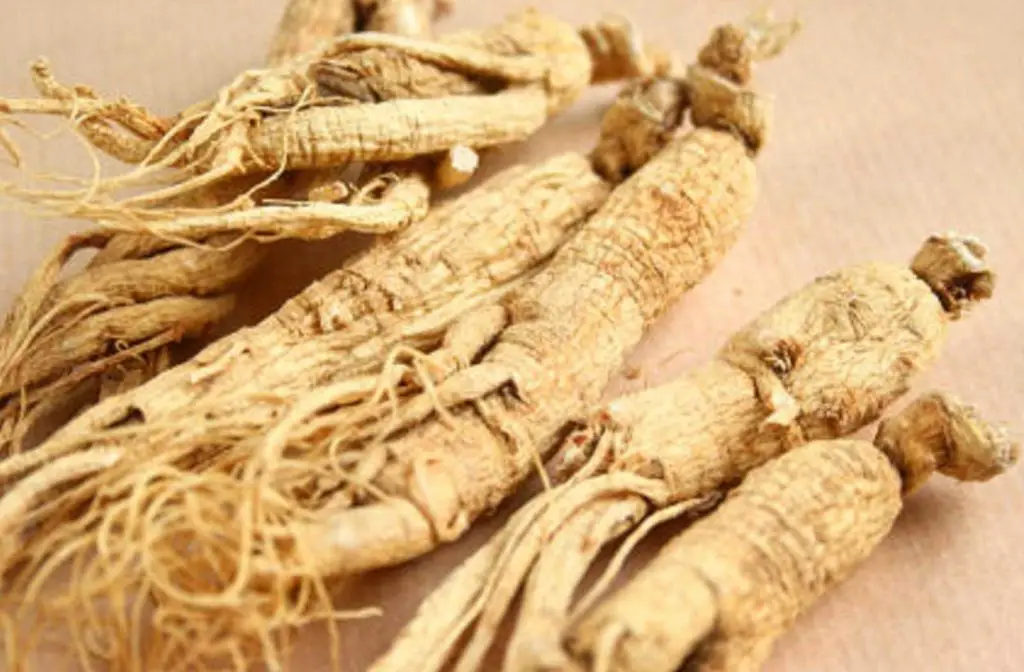What are Prebiotics?
A “Prebiotic” refers to any food or supplement that supports or induces the growth of beneficial microorganisms (typically bacteria, though sometimes yeast). Marcel Roberfroid was the first to identify and name them
In 1995, Prebiotic foods typically consist of non-digestible fibers that make it through to the large intestine. There they act as a substrate for beneficial microflora, which enables the microflora to grow and thrive, ultimately curbing harmful bacteria, yeast, and viruses. Prebiotics are classified as a “functional food,” meaning they fall somewhere between a food and a drug. Consequently, the regulations around them depend on the jurisdiction. Although there is less research on the effects of prebiotics then the effects of probiotics, given that we know prebiotics can increase the amount and type of beneficial bacteria, we can assume that many of the benefits of probiotics may hold true of prebiotics as well.
What are Probiotics?
Probiotics are live microorganisms that are intended to produce health benefits. These benefits are far reaching, as are the forms a probiotic can take. Fermented foods (such as yogurt or kimchi) contain probiotics, as do dietary supplements. Nobel laureate Elie Metchnikoff is called the “father of probiotics” because in the early 1900s, he suggested that consuming certain microorganisms would benefit one’s health. Though there is still debate as to whether probiotics can actually colonize the gut, there is little doubt that they can benefit one’s health, even if they are only transient members of the microbiome.
Prebiotics vs. Probiotics: What’s the difference?
Put simply, Probiotics are living beneficial bacteria, while Prebiotics are foods that help bacteria thrive.
Benefits of Prebiotics and Probiotics
Irritable Bowel Syndrome (IBS)
As probiotics work immediately in the gut, treating Irritable Bowel Syndrome (IBS) is one of their main uses with the most research behind it. There is evidence that probiotics reduce pain and symptom severity in those with IBS. They can also reduce gas, bloating, and diarrhea. In fact, there are not many symptoms of IBS that probiotics haven’t been found useful for. They can improve symptoms of incomplete evacuation and straining. In addition to aiding in diarrhea, probiotics can help with constipation, meaning that probiotics help regulate and heal a dysfunctional gut, regardless if the bowel transit time is too fast or too slow.
Studies using prebiotics as a treatment for IBS are far more sparse. However, there are a few studies showing that prebiotics can be helpful in treating symptoms such as stool consistency, bloating, and gas, which are typical of the disease.
Depression and Anxiety
Depression is still a relatively poorly understood disease, but with more and more evidence supporting a connection between the gut and the brain, probiotics are being investigated as a potential treatment. A large meta-analysis of existing data supports the idea that probiotics reduce the risk of depression, and another supports the idea that they can treat depression after it manifests. There are even theories that an altered gut microbiome may be partially responsible for anxiety and depression in the first place due to the gut’s communication with the central nervous system. Probiotics, then, can ease depression and anxiety by normalizing the stress response. One study found that probiotics improved symptoms of depression by reducing lambic reactivity (a state that leads to stress, anger, and frustration if not addressed). There is, of course, much to be said for the efficacy of probiotics in other disease processes, many of which can cause depression and anxiety as secondary symptoms. Thus, it stands to reason that if probiotics help one improve his or her general health, symptoms of depression and anxiety should improve as well.
Again, there are fewer studies investigating the role of prebiotics in treating depression and anxiety. However, there is still some promising research. One study found that prebiotics could lower daytime cortisol, which, when high, can be a marker for emotional disturbances.
Weight Loss
Although it might seem strange, probiotics can actually help treat obesity. There have been many theories proposed as to why this is the case, but it appears as though the bacteria in your gut play roles in hunger signaling, body weight, and inflammation. One study showed that probiotics can lower fat held in the abdomen as well as lower body fat overall. Another paper describes the fact that both probiotics and prebiotics can help treat obesity in childhood by controlling food intake and fat storage. An animal study showed that different probiotic strains can have different results in terms of benefits for obesity, such as lowering cholesterol and triglycerides.
Candida
Candida is a type of yeast typically found in small number in the human gut. However, if your defenses are down, it can proliferate, causing a host of symptoms such as bloating, fatigue, and brain fog. It can also cause more site-specific problems like oral thrush and cutaneous candidiasis. Taking a course of antibiotics is one common way to get a candida infection, as the normal gut flora keeping it at bay is eliminated. As a result, probiotics and prebiotics (which help restore the natural microbiome) are some of the best defenders against candida overgrowth. One study found probiotic supplementation could reduce candida infection in children receiving antibiotics. Another study investigated the mechanisms of action of certain probiotics against candida: reducing their growth, cell adhesion, and filamentation. A different group of researchers propose a combination of probiotics and prebiotics as a potent anti-fungal that can help deal with candida infections.
Acne
Another important interaction beyond the gut-brain connection is the interplay between the gut and the skin. One study found that adding probiotics to the standard care for acne decreased the amount of time it took to see results. Another study found that probiotics alone could reduce the symptoms of acne. By way of explaining this benefit, researchers point to the anti-inflammatory and oxidative stress-lowering properties of probiotics. A review of scientific literature explains that prebiotics, as well as probiotics, are useful in treating acne.
Sleep
Now that we know there is a powerful connection between the gut and the brain, it shouldn’t come as any surprise that probiotics and prebiotics can have a positive effect on sleep. This effect is strongly tied to the way these supplements can improve symptoms of anxiety and depression, as sleep disturbance is a hallmark symptom in both of these, and most of the research are in these domains. Every study mentioned in the Depression/Anxiety section has implications for insomnia. However, there is anecdotal evidence that even in the absence of these disorders, probiotics and prebiotics can help regulate sleep.
Bacterial Vaginosis (BV)
Sometimes the normal inhabitants of certain parts of our bodies can overgrow and cause problems when there aren’t enough of a certain kind of bacteria to keep the others in check. Such is the case with Bacterial Vaginosis (an overgrowth of “bad” bacteria normally found in the vagina caused by a lack of “good” bacteria). Perhaps unsurprisingly, then, consuming probiotics (“good” bacteria) and prebiotics (fuel for “good” bacteria) can help treat this condition. A systematic review of the literature found that probiotics are helpful in both preventing and treating BV. One study found that consuming prebiotics, which promoted a normal balance of bacteria, was more effective in treating BV than antibiotics.
Natural Prebiotics and Probiotics
You can get probiotics in your diet simply by consuming any kind of fermented food, including yogurt, kimchi, sauerkraut, kombucha, and kefir.
There are many foods that contain prebiotics as “prebiotic” is technically just another word for undigestible fiber. Some foods that contain the highest amount of prebiotics include garlic, leeks, onions, asparagus, and bananas.
Prebiotics and Probiotics Dosages
For probiotics, generally you want to find a supplement that contains 1-2 million colony-forming units (CFUs) if you are looking for a daily maintenance dose to prevent any disorders. If you already have symptoms, you can take up to 10 CFUs a day until symptoms resolve.
Things are not quite so straightforward when it comes to prebiotics. If we go by the USDA guidelines for daily fiber intake, we should be getting 25-30 grams (not all of which is prebiotic fiber). Studies show that our paleolithic ancestors ate close to 35 grams of prebiotic fiber a day. Although there doesn’t seem to be a clear consensus when it comes to prebiotic dosage, it is agreed that you should start low and slowly work your way up.
Prebiotics and Probiotics: Side Effects, Dangers, Warnings
Probiotics and prebiotics are generally considered safe. If you increase your dosage too fast, though, you may notice some discomfort like bloating and gut pain. If this occurs, lower your dose and increase it more slowly. Drug interactions include a reduction in the effectiveness of the blood thinner warfarin and the arthritis medication sulfasalazine.
Frequently Asked Questions
Can you take Prebiotics and Probiotics Together?
Yes! In fact, it is generally recommended as prebiotics can help probiotics thrive.
Can Children take Prebiotics and Probiotics?
Yes (though it may be wise to start with a lower dose).
When is the best time to take Prebiotics and Probiotics?
It is best to take probiotics and prebiotics with a meal because the food will help buffer the acid, ensuring safe passage through the stomach.
Why are Probitics and Prebiotics Important?
As we’ve seen, the health of the gut affects almost every other part of the body (from the brain to the skin). These supplements can help populate the colon with healthy bacteria, improving overall health.
References:
https://www.ncbi.nlm.nih.gov/pubmed/25780308
https://www.ncbi.nlm.nih.gov/pubmed/16863564/
https://www.ncbi.nlm.nih.gov/pubmed/17635382/
https://www.ncbi.nlm.nih.gov/pubmed/19053980/
https://www.ncbi.nlm.nih.gov/pubmed/21892075
https://www.ncbi.nlm.nih.gov/pmc/articles/PMC4997396/
https://www.ncbi.nlm.nih.gov/pmc/articles/PMC5319175/
https://www.ncbi.nlm.nih.gov/pubmed/25470391
https://www.ncbi.nlm.nih.gov/pubmed/28483500
https://www.ncbi.nlm.nih.gov/pubmed/25449699
https://www.ncbi.nlm.nih.gov/pubmed/20216555/
https://www.ncbi.nlm.nih.gov/pubmed/25546278/
https://www.ncbi.nlm.nih.gov/pubmed/24470789/
https://www.ncbi.nlm.nih.gov/pubmed/23361033
https://www.ncbi.nlm.nih.gov/pubmed/27087525
https://www.ncbi.nlm.nih.gov/pmc/articles/PMC4724717/
https://www.ncbi.nlm.nih.gov/pubmed/11525176/
https://www.ncbi.nlm.nih.gov/pubmed/20692602/
https://www.ncbi.nlm.nih.gov/pubmed/24906613
https://www.ncbi.nlm.nih.gov/pubmed/24299970
https://www.ncbi.nlm.nih.gov/pmc/articles/PMC3181210/
https://www.ncbi.nlm.nih.gov/pmc/articles/PMC3705355/




